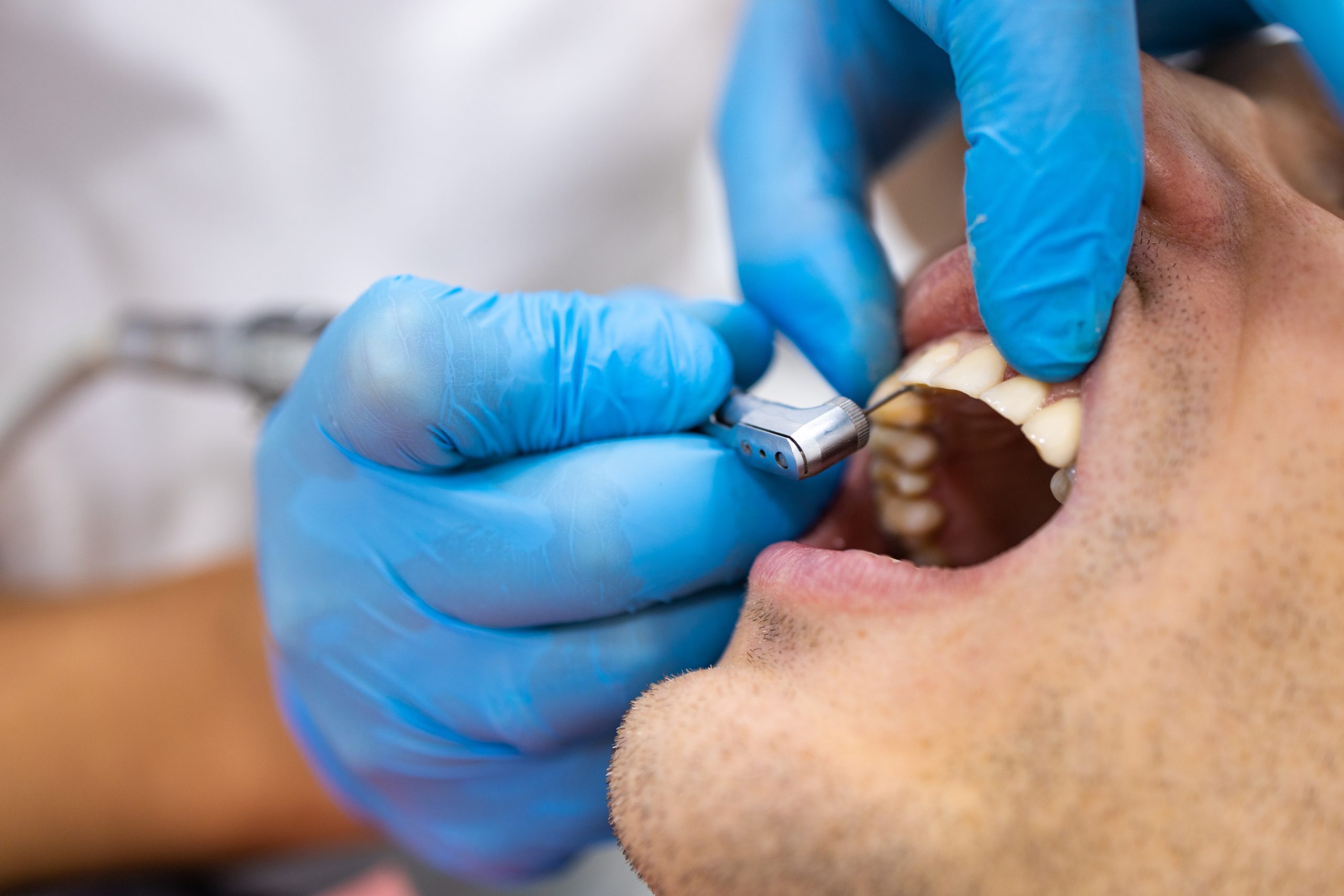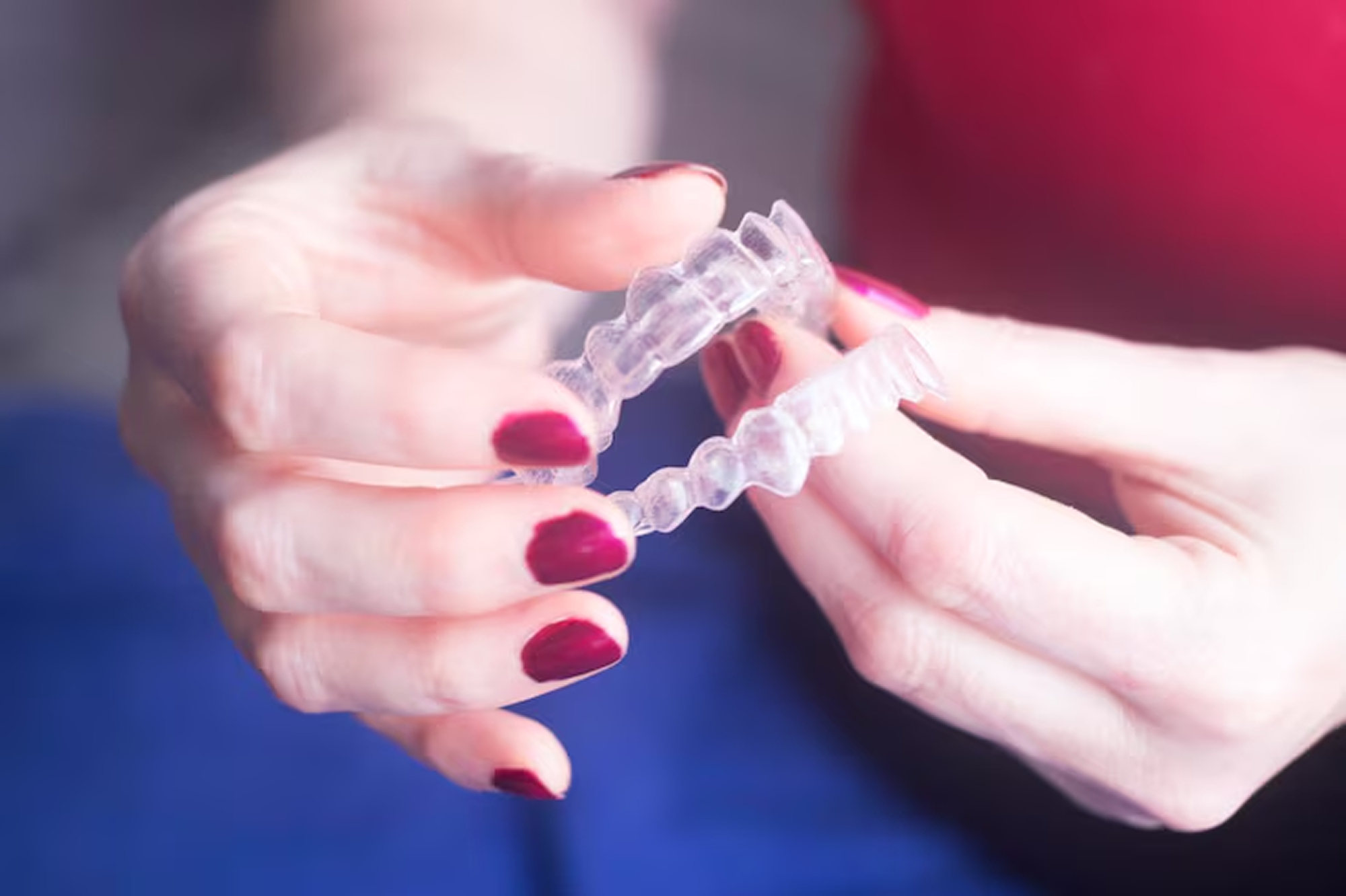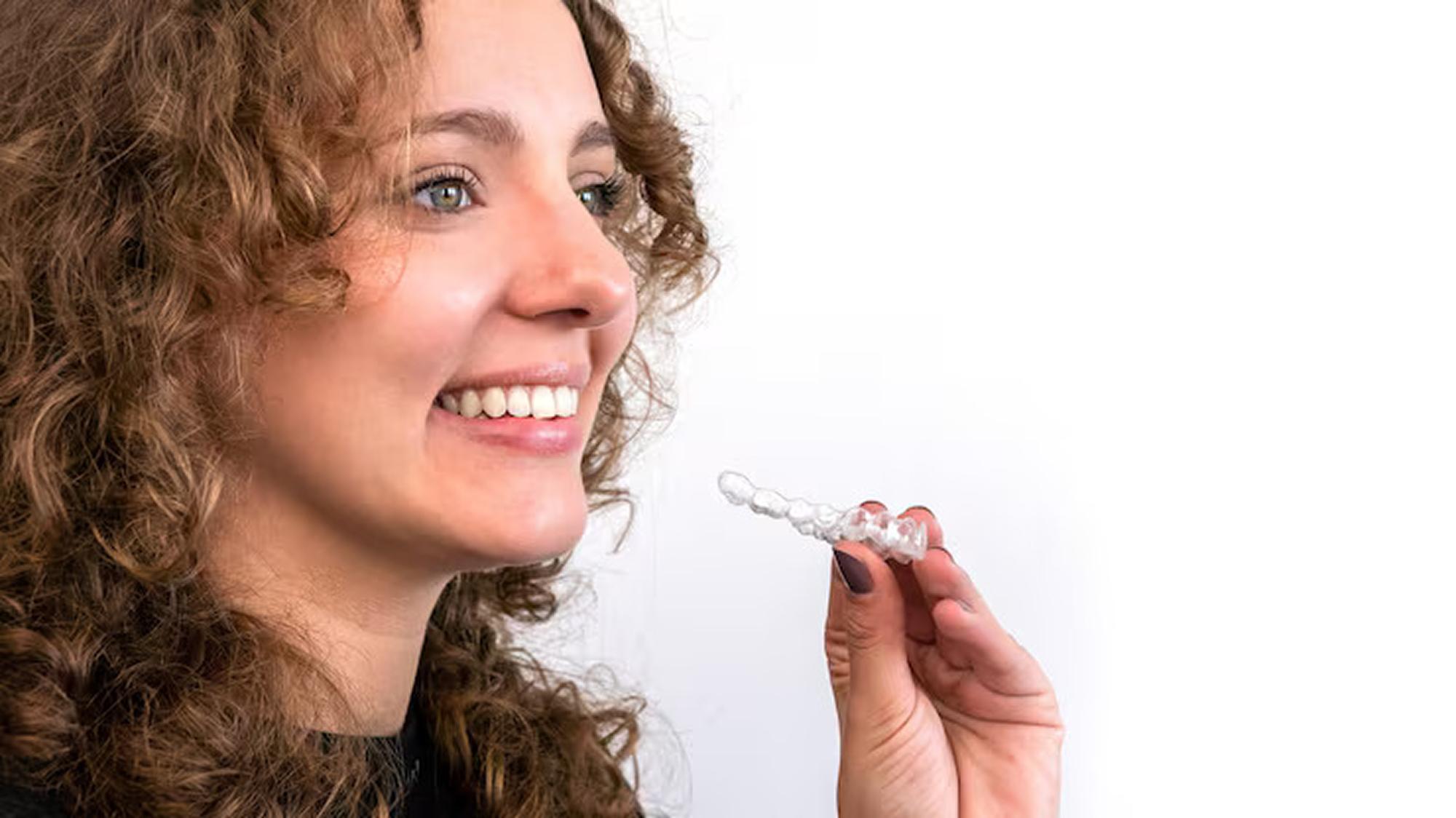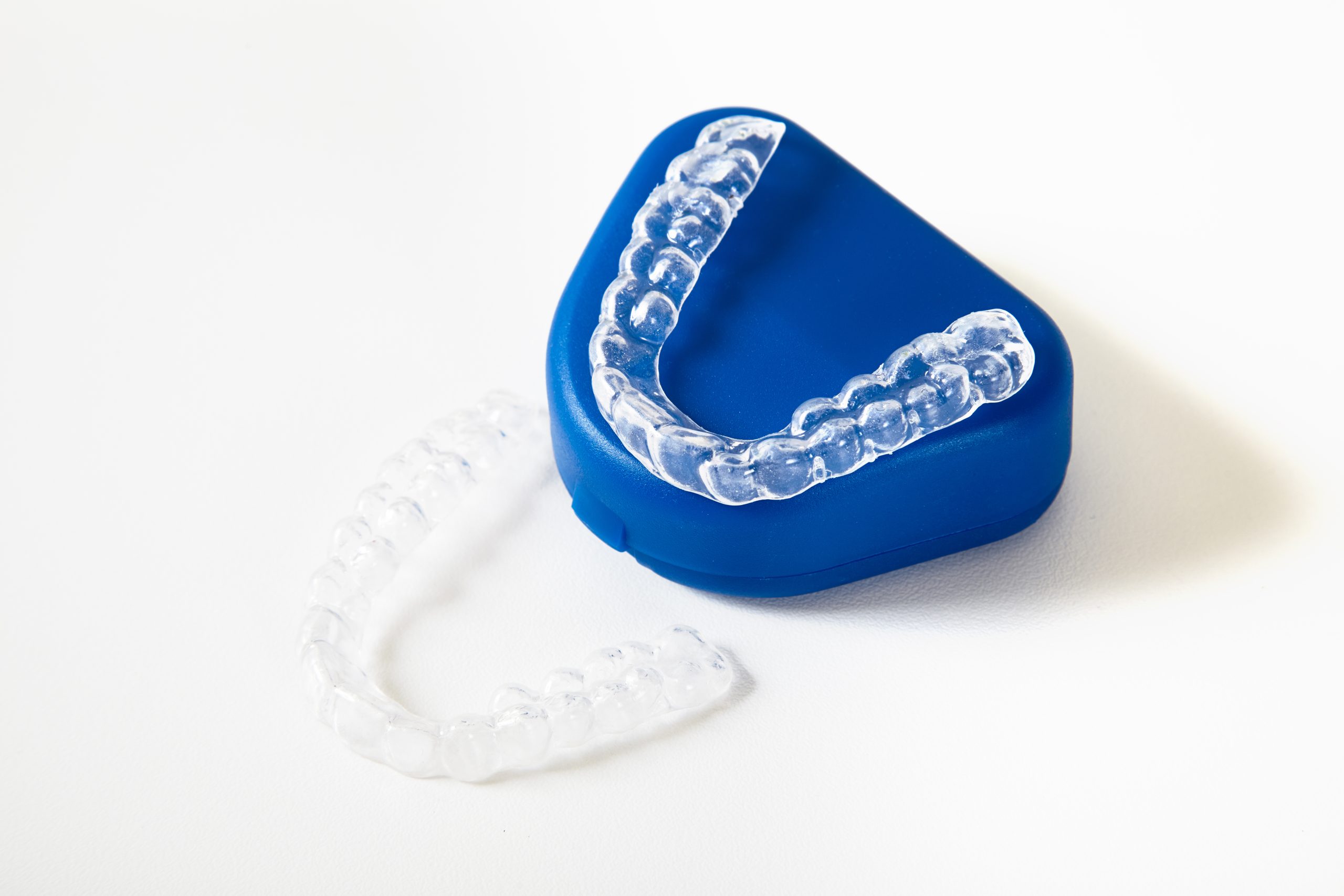Every smile has a story, but missing teeth can sometimes affect confidence. From laughing with friends to taking photos, our teeth are important for our health, social lives, and self-esteem. Knowing your options for addressing missing teeth can be the first step towards restoring your dental health and confidence.
Loss of teeth is a common issue that affects people of all ages. It can result from various factors, such as accidents, dental decay, or health conditions.
Understanding why we lose teeth can help us find ways to replace them and prevent further dental problems.
Keep reading as we explore how modern dentistry offers effective and comfortable options to replace missing teeth. This information could be what you need to smile with confidence again.
Contents Navigation
- Summary of the Content:
- Understanding the Common Causes of Tooth Loss
- The Psychological Impact of Missing Teeth
- The Physical Effects of Tooth Loss on Oral Health
- Replacing Missing Teeth with Dental Implants
- Bridges and Dentures: Traditional Options to Replace Missing Teeth
- The Importance of Early Intervention in Tooth Loss
- How to Choose the Right Replacement Options for Missing Teeth
- Final Thoughts
Summary of the Content:

- A complete smile is crucial for self-esteem and general well-being, influencing everything from social interactions to dietary habits.
- Tooth loss can result from various causes, such as gum disease, physical trauma, and general decay.
- The absence of teeth not only affects one’s appearance but also has serious implications for mental health.It can potentially result in reduced self-confidence and social withdrawal.
- Gaps in one’s smile can hinder efficient chewing and clear speech and may cause other teeth to shift undesirably.
- Modern dentistry provides several effective treatments for tooth loss, including dental implants, bridges, and partial dentures. Each offers benefits such as improved oral functionality and aesthetics.
- Immediate action following tooth loss can prevent further oral health complications, making early treatment a smarter choice for long-term outcomes.
Understanding the Common Causes of Tooth Loss
Tooth loss can affect anyone and impact daily life. Here are some common reasons why individuals might find themselves dealing with this issue:
- Periodontal Disease:
This is a major cause of tooth loss. Severe gum disease can erode the bone that supports teeth, resulting in tooth loss. - Trauma:
Impact injury involving the face or mouth can knock out teeth immediately. Sports injuries, falls, or even car accidents are common culprits. - Tooth Decay:
Cavities can progress deeply into the tooth and infect the nerve, eventually compromising its structural integrity. - Lifestyle Choices:
Smoking, poor oral hygiene habits, and a high-sugar diet increase the risk of tooth decay and gum disease. - Health Conditions:
Certain medical conditions, such as diabetes and chronic disease, may contribute to tooth loss by impacting the body’s ability to process sugar and maintain bone density.
Knowing these triggers can guide us to take preventive measures and seek early treatment options to replace missing teeth when necessary. By understanding what causes tooth loss, we can better manage our oral health and keep our smiles for years.
The Psychological Impact of Missing Teeth
The effects of missing teeth extend beyond the physical and can deeply impact psychological health. Here’s how:
- Self-Esteem:
A full smile often equates to confidence. People with missing teeth may experience a decrease in self-esteem as a result of feeling self-conscious about their looks. - Social Interactions:
Many people with missing teeth hesitate to smile or engage in conversations due to embarrassment about their smile. This can result in social isolation. - Professional Opportunities:
First impressions matter, and a confident smile can play a crucial role in job interviews and professional interactions. Missing teeth might negatively affect one’s professional image. - Mental Health:
The stress from decreased social interactions and lowered self-esteem can contribute to anxiety and depression. Addressing tooth loss can be a step toward improving mental health.
Exploring options to replace missing teeth, such as dental implants, bridges, and dentures, can significantly restore the functionality of teeth. The right dental treatment can turn a hesitant smile into a beam of happiness and confidence.
The Physical Effects of Tooth Loss on Oral Health
Missing teeth can result in significant changes in oral functions, affecting everyday life in various ways.
- Chewing Efficiency:
Losing teeth can impair one’s ability to chew food properly. Avoiding harder foods might result in dietary restrictions and nutritional deficiencies. - Speech Issues:
Teeth play a critical role in speech. Gaps from missing teeth can alter speech patterns, potentially resulting in misunderstandings and frustration. - Bone Loss:
Without the natural stimulation that real teeth provide, the jawbone can begin to deteriorate, a process known as bone resorption. This weakening of the jawbone tissues can affect the structure of your face and result in further oral health issues. - Misalignment:
Neighbouring teeth may shift to fill empty spaces, which can result in misalignment and problems with your bite. This can cause discomfort and further complicate oral functions. - Increased Risk of Dental Decay and Gum Disease:
Gaps can trap food particles and promote the growth of bacteria. This can increase the risk of tooth decay and gum disease in other nearby teeth.
Addressing tooth loss promptly with suitable replacements can help mitigate these effects and maintain your overall oral health. It is important to consider all of your options to keep your mouth healthy and fully functional.
Replacing Missing Teeth with Dental Implants
Dental implants are a modern way of replacing missing teeth that work well and last a long time. They can boost your confidence and comfort with a smile that feels completely natural.
- Natural Appearance:
Dental implants are made to mimic your natural teeth in both appearance and feel. They integrate seamlessly into your smile, enhancing your appearance and confidence. - Improved Functionality:
Unlike dentures, which may slip or cause discomfort, implants are anchored securely to your jawbone. You may now laugh, talk, and eat without being concerned about your teeth moving. - Bone Structure Preservation:
One significant advantage of dental implants is their ability to prevent bone loss. The implant post stimulates the jawbone, mimicking the root of a natural tooth and maintaining bone tissue density. - Longevity:
With proper care, dental implants can last a long time. They may prevent the need for replacements in the future, making them a long-term investment for your dental health. - Overall Oral Health:
Implants do not require altering adjacent teeth, which preserves more of your natural tooth structure. Healthy teeth are left intact, supporting better long-term oral health.
Dental implants can enhance your quality of life by providing a safe, long-term way of replacing missing teeth. They improve your oral health and bring back the joy and comfort of a fully functional smile.
Bridges and Dentures: Traditional Options to Replace Missing Teeth
Dental bridges and dentures have long been staples in restorative dentistry, offering reliable ways to replace missing teeth. Here’s how these two options compare:
| Feature | Dental Bridges | Dentures |
|---|---|---|
| Suitability | A preferred way to replace one or a few teeth in a row. | Suitable for those missing several or all of their teeth. |
| Support | Anchored to adjacent teeth or implants. | Rest on the gum line; it may be anchored with implants. |
| Aesthetics | It can be made to match natural teeth closely. | It can be customised for a natural look, but it may not be as seamless as bridges. |
| Functionality | Allows for near-normal chewing and speaking. | It may require adjustment for optimal speaking and chewing ability. |
| Care | Need additional tools like a bridge threader for flossing; need regular cleaning like natural teeth. | Need to be taken off to be cleaned and might need overnight soaking. |
| Longevity | Usually, it lasts over 10 years with proper care. | It may need to be replaced every five to eight years due to wear or fit issues. |
| Bone Preservation | Does not prevent bone loss where the tooth is missing. | Provides stimulation, which can reduce bone resorption. |
Both bridges and dentures effectively restore dental function and improve aesthetics. Each option has its considerations for care, longevity, and oral health impact. Choosing between bridges and dentures largely depends on your specific dental needs, lifestyle, and budget. Discussing with a dental professional can help determine the suitable option to restore functionality and enhance your smile.
The Importance of Early Intervention in Tooth Loss
Acting quickly after losing a tooth can greatly improve your oral health outcomes. Here’s how:
- Prevents Further Damage:
Early intervention helps to prevent the adjacent teeth from shifting, which can result in misalignment and more complex dental issues. - Reduces Health Risks:
Prompt treatment can reduce the risk of bone loss at the site of the missing tooth. It also decreases the chance of developing periodontal disease. - Enhances Treatment Success:
The sooner you consult with a dental professional, the more options for missing teeth you may have. Early clinical consultation often means simpler and more cost-effective treatments. - Maintains Aesthetics and Functionality:
Taking immediate action to address tooth loss can help preserve your smile’s aesthetic appeal. It minimises negative effects on your speaking and chewing functions.
After losing a tooth, seeking treatment right away can improve health results and simplify dental care procedures. It allows you to explore all available options for missing teeth and choose the suitable one to restore your smile and dental health efficiently.
How to Choose the Right Replacement Options for Missing Teeth
Selecting a way of replacing missing teeth involves considering your unique circumstances and needs. Here are some important things you should consider:
- Assess Your Health Needs:
Some health conditions may influence your choice. For example, dental implants require good bone density and healthy gums. - Consider Your Lifestyle:
If you’re active in sports or frequently speak in public, you might prefer a stable option like implants over dentures. - Budget Considerations:
Evaluate how much you can comfortably invest. While dental implant procedures cost more upfront, they may be more cost-effective in the long term compared to bridges or dentures. - Maintenance and Care:
Consider how much time you are willing to dedicate to maintenance. Bridges and dentures require specific care routines. - Consult a Professional:
Always discuss with a dental professional who can provide personalised advice based on a thorough examination of your oral health.
Choosing the right tooth replacement option is crucial for your oral health and overall well-being. A consultation with a dentist can help you understand the benefits and limitations of each choice and guide you to a decision.
Final Thoughts
Choosing the right treatment to replace missing teeth is a significant decision that can enhance your quality of life. We understand the importance of a comprehensive approach to dental care that respects your personal needs, health conditions, and budget.
We encourage you not to let missing teeth prevent you from living life to the fullest. Whether you’re considering dental implants, bridges, or dentures, our team is here to provide professional guidance and support. By scheduling a consultation at Enso Dental North Perth, you can receive a personalised treatment plan. This helps you make decisions about suitable treatment options for missing teeth in your situation.
Visit our website or call us today to book your appointment. We are committed to helping you achieve a healthier, more beautiful smile that boosts your confidence.









